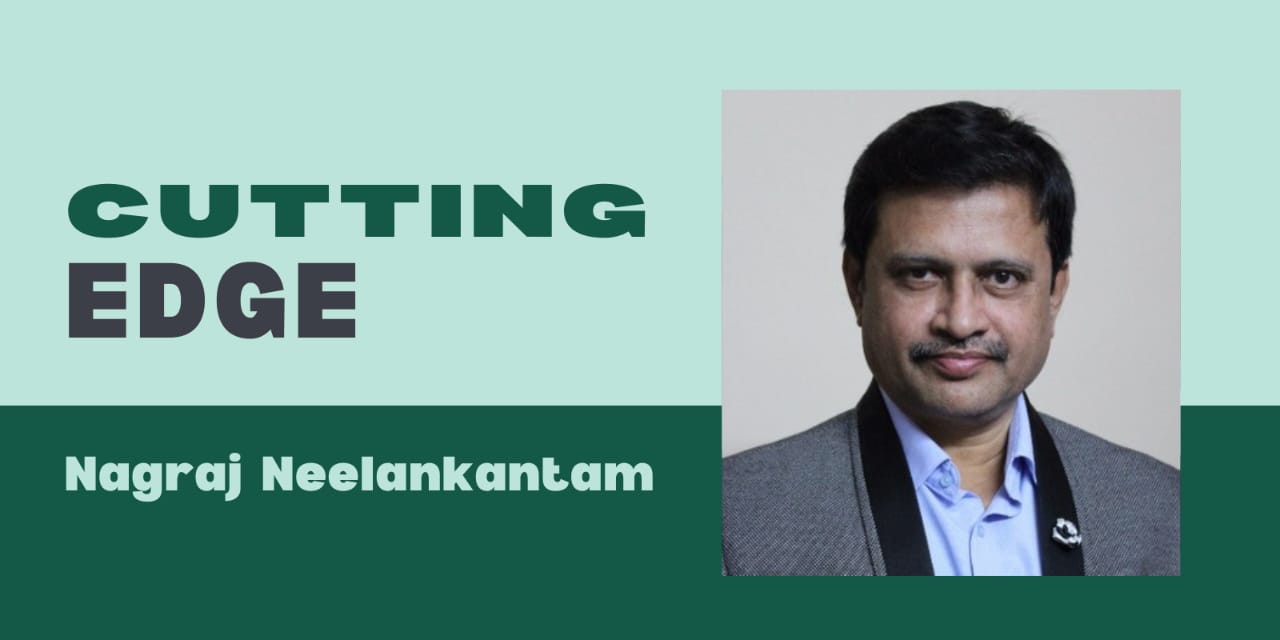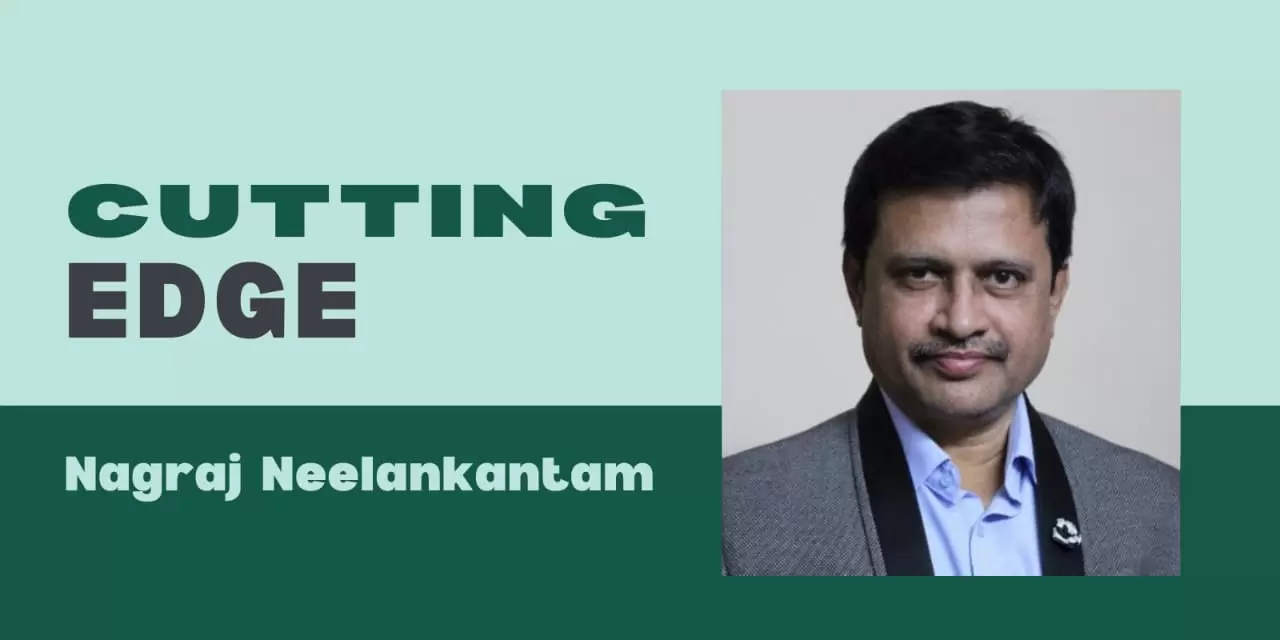The stage at the World Leaders Forum 2025 became a mirror of today’s shifting geopolitics as India’s External Affairs Minister, Dr. S. Jaishankar, delivered a panoramic take on the world’s pressing diplomatic challenges. His remarks carried the calm cadence of experience, weaving history with present realities while sketching a roadmap for India’s global engagement.
Looking back over the past quarter-century, Jaishankar highlighted milestones that have shaped India’s ties with the United States. From landmark visits to strategic agreements, the partnership has endured turbulence but grown deeper. He noted that America today presents an unprecedented foreign policy landscape—more public, contested, and unpredictable. Yet, he argued, within this complexity lies opportunity: for India to assert its stature, at times through collaboration, at times through debate.
The twin challenges of Pakistan and China loomed large, but Jaishankar addressed them with characteristic composure. India’s position, he said, has been consistent: disputes must be resolved directly by the parties concerned, not through external mediation. On the boundary standoff with China, he stressed that disengagement is gradual but tangible, reminding listeners that such processes take years, not weeks, and cannot be reduced to a single news cycle.
One of the sharper moments of his address came on accusations surrounding India’s oil purchases. The irony, he observed, was unmistakable—those who criticised India often engaged in the very same practices. Earlier US administrations, he recalled, had even encouraged Indian imports to stabilise global prices. His larger point was clear: India’s trade decisions are rooted in national interest, just as Europe’s choices with Russia were.
Jaishankar also reflected on his recent visit to Moscow, where annual summits have become a fixture in India–Russia relations. Talks with President Putin spanned trade growth, market access, and wider global currents. These conversations, he suggested, placed India firmly at the crossroads of evolving geopolitics rather than confining it to bilateral concerns.

Whether in Ukraine, Afghanistan, or the Indo-Pacific, Jaishankar underscored a principle that has long guided Indian diplomacy: conflicts must be resolved by those directly engaged, with international actors playing a supportive but secondary role. India’s discussions with global powers, including the US, continue to embody this pragmatic balance—neither naïve nor dismissive, but grounded in realpolitik.
COVID-19, he admitted, left scars that continue to shape policy and perception. The suspension of direct air routes and pilgrimages such as the Kailash Mansarovar Yatra illustrated how global crises touch local lives. More critically, the pandemic exposed the fragility of supply chains. India’s response, he explained, has been to diversify sources, expand domestic capacity, and build resilience under the banner of Atmanirbhar Bharat.
In a world where trade and technology are weaponised, Jaishankar noted, influence now flows as much from market indispensability as from military might. China’s export restrictions and America’s tariffs illustrate this new reality. For India, the lesson is straightforward but profound: develop capabilities in production, consumption, and innovation that the world cannot overlook.
Not all diplomacy makes headlines. Jaishankar pointed to forums like BRICS and the Shanghai Cooperation Organisation, where quieter yet crucial work unfolds—on terrorism, separatism, and regional security. Even as media cycles chase spectacle, India remains engaged in the slower but essential task of building durable partnerships.
He closed by looking ahead to an upcoming summit with China. While offering few details, his tone conveyed preparedness—armed not with illusions but with a steady hand, recognising both difficulty and possibility.
What emerged from Jaishankar’s wide-ranging address was not just a list of issues but a philosophy of statecraft: India will speak with clarity, act in its own interest, and engage with all partners without surrendering autonomy. In a fractured world, that clarity itself becomes a form of strength.






